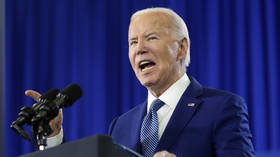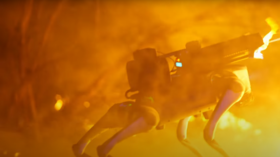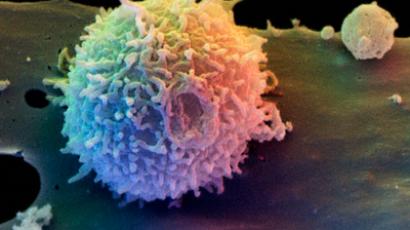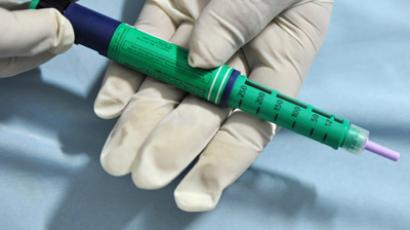HIV treatment dead end: US vaccine failures prompt end to trials
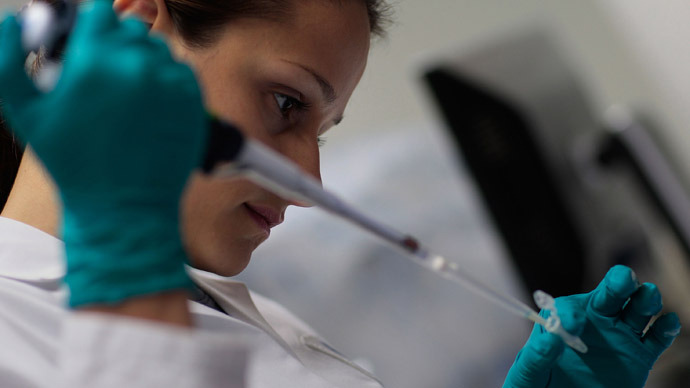
US authorities have announced the cessation of clinical trials in the US after a vaccine designed to prevent the spread of HIV was revealed to be ineffective. The four-year trial failed to stop or reduce HIV infection in some 2,500 participants.
The trials, carried out by the National Institute of Allergy and
Infectious Diseases (NIAID), began in August 2009 and mark the
latest in a series of failed attempts at tackling the Human
Immunodeficiency Virus.
Exactly 2,504 volunteers across 19 US cities – all gay men or
transgendered people who had sex with men – participated in the
massive federally backed study, which hoped to determine whether a
vaccine program could prevent HIV infections or reduce the ‘viral
load’: The amount of virus in the blood of infected patients.
The HVTN 505 vaccine was given to 1,250 participants, with 1,244
receiving a placebo. The volunteers were initially administered a
series of three immunizations over the course of eight weeks. These
DNA-based vaccines, designed to alert the immune system, were then
followed up with a single ‘booster’ injection in the 24th week.
Results were analyzed on Monday, prompting a supervisory panel to
swiftly halt the program. Forty-one infections were detected among
those who had received the real vaccine, versus 30 in the placebo
group.
Vaccines also failed to reduce infection levels in the blood.
“The DSMB found that the vaccine failed to reduce viral load
among volunteers who acquired HIV infection at least 28 weeks after
entering the study,” the NIAID said in a statement released on Thursday.
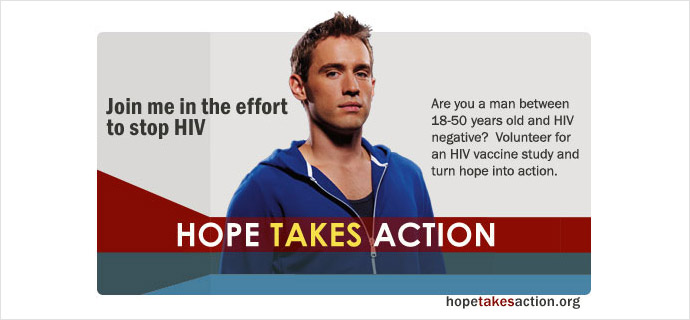
Additionally, an increase in HIV acquisition was noted among
volunteers in the ‘investigational’ vaccine group, as opposed to
the placebo group. However, the NIAID said that this increase was
“non-statistically significant.”
The institute went on to say that the results of the study are
being scrutinized to determine both why the vaccine did not work
and why there was an increase in HIV acquisition.
The search for an HIV cure has plagued scientists since the disease
was first identified in the early 1980s. Some 34 million people are
infected with the virus worldwide, including 3.4 million
children.
In March, a baby girl born with HIV became the first person to be
‘functionally cured’ using conventional drugs, leading to
speculation that the virus might be treatable in children.
“This trial has provided a clear, swift answer about a specific
vaccine strategy. It’s not the answer we hoped for, but the search
doesn't end here,” Mitchell Warren, executive director of AVAC:
Global Advocacy for HIV Prevention, said in a statement.






